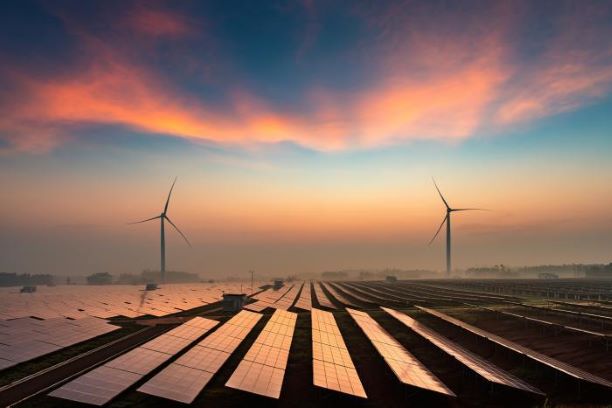Regulatory Challenges ‘Limiting’ Renewables’ Growth in India: Moody’s

The higher share of renewable energy in the total energy mix presents a key regulatory challenge in terms of integrating new renewable capacity while protecting investments already made in coal-based capacity, it said.
Despite the mounting pressure to move to a lower carbon economy, the agency does not consider this risk high, at least over the next 3-5 years.
It said predictability of tariff regulations enhances the credit profile of regulated electric companies and added that the Central Electricity Regulatory Commission has been responsive to changes in power sector trends.
“Over the last 20 years, regulations for the Indian utility sector have been progressive and supportive of the power companies, and factored in technological advancements,” Vice President and Senior Analyst Abhishek Tyagi said.
The regulatory framework in India is more independent, transparent and established as compared with Asian peers such as China and Indonesia, the agency said. “Regulations in India have also balanced the interests of all stakeholders, Tyagi added.
The Indian electricity regulations allow a fair return on investment for generation and transmission companies while ensuring that any benefits from technology, operational efficiency and debt refinancing are shared between the utilities and their customers, he said.
In a recent report issued in May, the credit rating agency had also revealed that the share of generation capacity from non-fossil-based fuel sources in India will likely increase to 45 percent by 2022 as India plans to increase its renewable energy capacity, excluding hydro, to 175 GW and that both wind and solar have already achieved grid parity.
The report stated that coal power will remain important, but the possibility that it will become uneconomic is rising. “In our baseline scenario, renewable power will not grow fast enough to meet Asia’s total power needs on its own. But the share of coal power in Asia’s power mix is declining with governments’ climate change and air quality goals. And coal-fired generators could become uneconomic sooner than in our baseline scenario, given governments’ clean energy policies, the declining costs of renewables and ongoing technological advances,” it said.
This matched the findings released by the International Energy Agency’s New Policies Scenario, which predicted that the share of coal in the country’s power mix in the NPS decreases to 57 percent in 2030 from around 74 percent in 2017.







